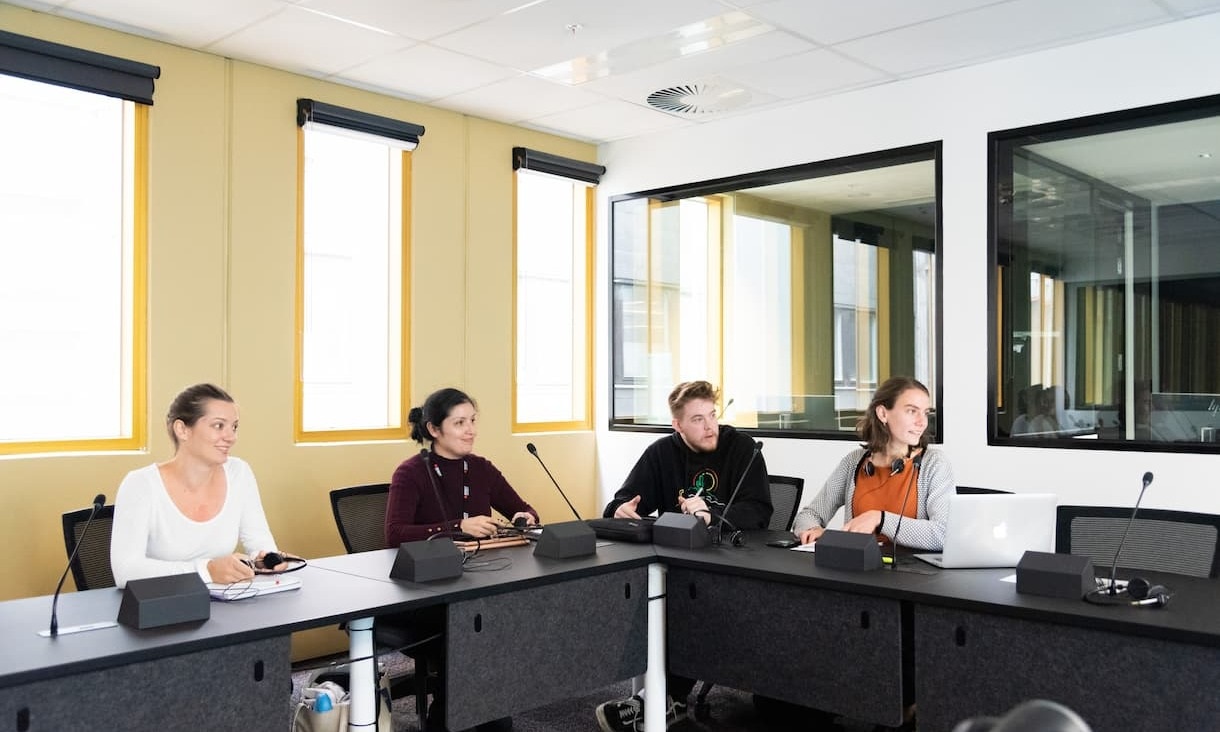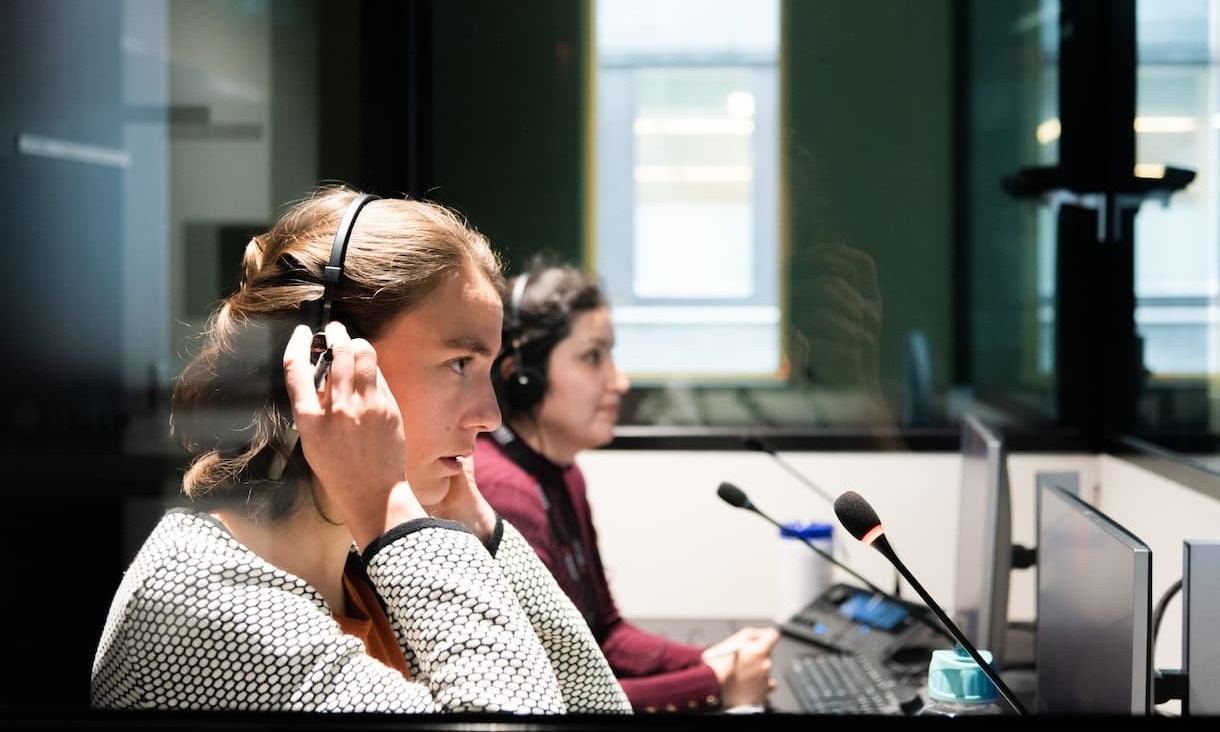The following information outlines the tasks you will be required to undertake during professional experience placement and on-campus learning activities.
The non-academic abilities listed are provided for your information only and are not entry requirements.
By understanding the types of activities you'll participate in, you can:
- understand more about the program
- determine if you may need support during your studies
- make an informed decision about whether the program is suitable for you.
Adjustments
If there are any activities outlined which may be difficult for you to undertake, there is a range of adjustments to your study conditions available to enable and support you to demonstrate these abilities.
Please contact the Equitable Learning Services (ELS) team to discuss any adjustments you may require. To receive learning adjustments, you need to register with ELS.
If you are living with disability, long-term illness and/or a mental health condition, we can support you by making adjustments to activities in your program so that you can participate fully in your studies.
The University considers the wellbeing and safety of all students, staff and the community to be a priority in academic and professional experience placement settings.






